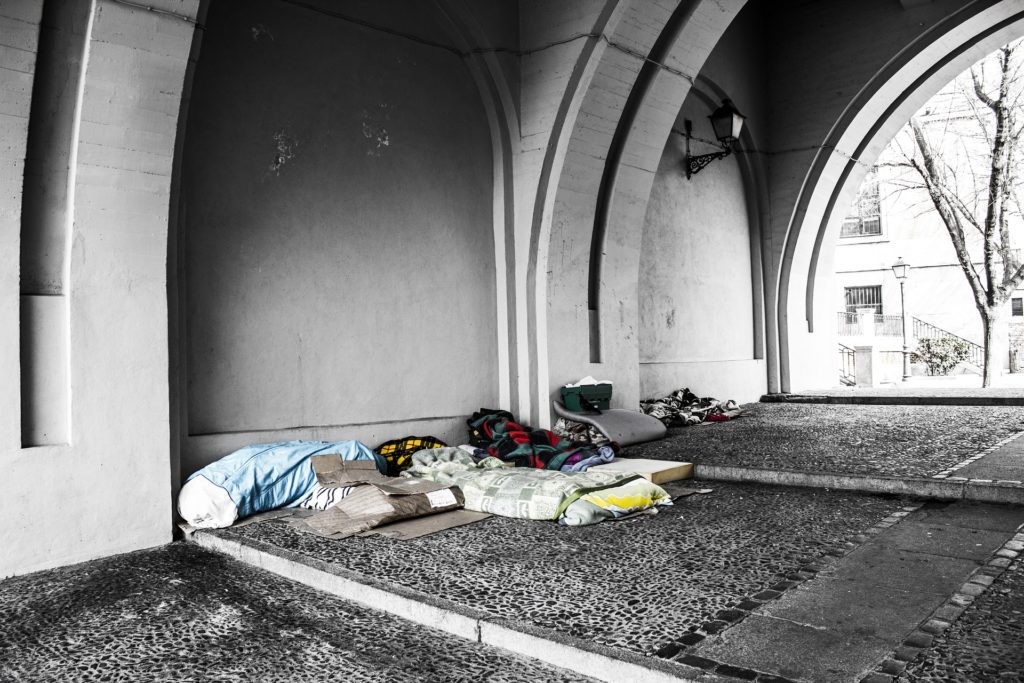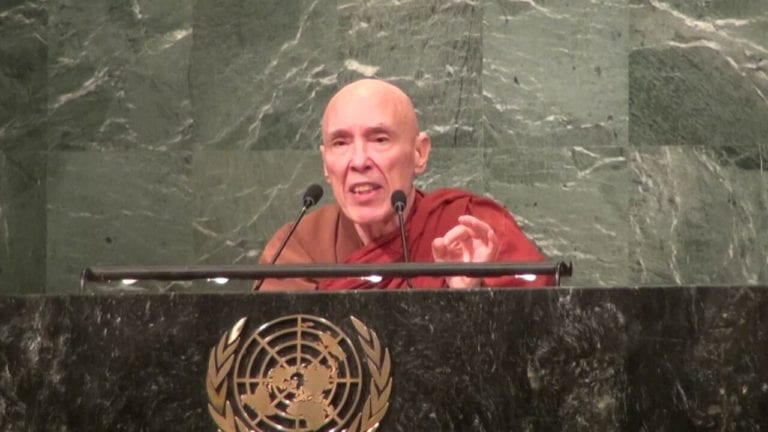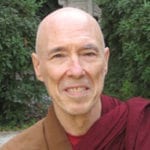Last year saw the publication of the provocatively titled book – How the Rich Are Destroying the Earth. Its author, Hervé Kempf, Environmental Editor of France’s most influential daily newspaper, Le Monde, discusses the relationship between our socio-economic system and the current ecological crisis. Kempf reminds us that it is not an undifferentiated humanity that is equally to blame for ongoing environmental destruction. Mostly it is the power of capital, following the logic of the market, which is wreaking the havoc. Economics are at the heart of it.
The economic system we live in values profit over life. It champions the irrationality of unlimited growth in consumption and production within a limited ecosystem. And at its core lies an anti-democratic drift inherent in the concentration of economic power in the hands of a few. These tendencies drive ecological destruction and social injustice.
Challenging the dominance of that system, seeing through its veneer of legitimacy, and working out how to dismantle it, is an increasing necessity if we’re to avoid deepening social, ecological, and spiritual crisis. Kempf offers deceptively simple guidance. Alongside the old ecological adage “Think global, act local,” Kempf would have us add: “Consume less, share more.”

At a glance this appears straight forward enough. Indeed, for Buddhist readers of this publication it seems a rather obvious statement, succinctly expressing basic Buddhist ethics – simplicity and generosity. Yet finding this statement in a book like Kempf’s reminds us of the profound opposition between basic Buddhist practices and those driving our civilisation in its late capitalist phase.
Dana, the practice of giving, expresses the most elementary of Buddhist insights: namely, that we are not separate entities, but exist only as an intimate flow of relationships with others and the world.
Buddhist practice offers a fundamental challenge to core aspects of modern economics. From a Buddhist perspective a system which is concerned solely with productivity, and then only as a gross term of valueless consumption and a multiplication of wants, does terrible damage to basic human nature. And not only human nature. The abstractions of modern economics reduce all members of a living planet into mere resources – commodities to be owned, bought and sold. It reduces experiencing subjects into lifeless objects, people into labour, animals into protein conversion machines, complex ocean ecosystems into fisheries, and the planet’s atmospheric regulatory systems into fossil fuel reserves. All with a price tag. In contrast a Buddhist approach places emphasis on sentience and experience, on the living quality of phenomenon, out of which arise value and meaning.
A short reflection on the second part of Kempf’s maxim – “share more”, and its correspondence in the Buddhist practice of dana, or generosity, reveals the radical implications which unfold from a committed application of Buddhist ethics to the economic sphere.
Dana, the practice of giving, expresses the most elementary of Buddhist insights: namely, that we are not separate entities, but exist only as an intimate flow of relationships with others and the world. The extent to which we can practice dana, the extent to which we can let go of ego-centredness and give, is equivalent to our ability to open up to reality. It’s a concrete expression of self-transcendence, demanding that we radically revise our identities – both ecologically and socially.

Buddhism’s rejection of the existence of the separate self poses a clear challenge to the idea of private property.
Applied to economics, dana suggests a reorganisation of socio-economic relations markedly different from those we are accustomed to. While modern political economics are rooted in the institution of the individual and their property rights, Buddhism’s rejection of the existence of the separate self poses a clear challenge to the idea of private property.
Dana leads to the ideal of common ownership, a practice which has existed within the ordained sangha since the Buddha’s time. However, the traditional two-tiered system of lay practitioners and monks has created a dualistic ethic, insulating the lay economy from the more radical implications of Buddhist practice. But today, in light of current socio-economic injustice, perhaps we need to free the more demanding practice of Buddhist ethics from the ghetto of traditional monasticism, and apply them across a wider range of social relationships.
This would suggest future forms of social organisation where sharing once more takes ethical precedence over individualistic acquisition; and where the natural and sustenance economies once more predominate over the market economy.
Might dana imply a renewal of customs and values found in pre-capitalist and non-hierarchical societies, which influenced economic activity along very different lines from today? These included: the principle of the irreducible minimum – in which all members of the community are entitled to the means of life, irrespective of their productivity; the principle of usufruct – whereby the means of life that were not being used by one group could be used, as needed, by another – including land, orchards, and even tools (a practice which establishes a practical distinction between personal and private property – personal property being that which we need); and, of course, the practice of mutual aid – the sharing of things and labour, expressing a recognition of the interdependence of each and every person within the community.

In contrast, within our present system the common wealth of the ecosystem is enclosed and gathered under private control. This centuries old process has accelerated dramatically in recent years, as the rhetoric of “ownership society” turns everything into private property.
The “ownership” of the rich depends on the “dispossession” of the poor. It robs diverse species and people of their share of ecological, economic and political space.
Viewing the planet and its life support systems as so many resources to be acquired as private property leads to exclusion and exploitation, often based on violence. The “ownership” of the rich depends on the “dispossession” of the poor. It robs diverse species and people of their share of ecological, economic and political space. Rather than earth and life based cultures of abundance and compassion, profit driven globalisation creates cultures of exclusion, dispossession, and scarcity.
It is the belief in ownership which underlies the current transfer of control of the earth’s resources into the hands of transnational corporations. It gives them the means to significantly influence the lives of all of us in ways we cannot control by current democratic means. Simultaneously, in support of enclosure, power is increasingly appropriated to enormous and unaccountable institutions like the World Bank and the World Trade Organisation.
Yet, just as dana implies a profound re-vitalisation of the idea of the commons, a more just and equitable world depends upon a vast re-extension of the commonwealth. It makes no sense to speak of the commons without a shared influence over what is done with them. So, dana points to a return of natural resources, once considered a “common treasury”, into truly democratic control. Dana implies the creation of a culture of Earth Democracy – in which the actual needs of people, other species, and the ecosystem have a stronger voice than capital and corporations. From the simple ethical value of giving come radical revolutionary demands.
This article was originally published by The Eco-Dharma Centre. It is reprinted here with permission.







